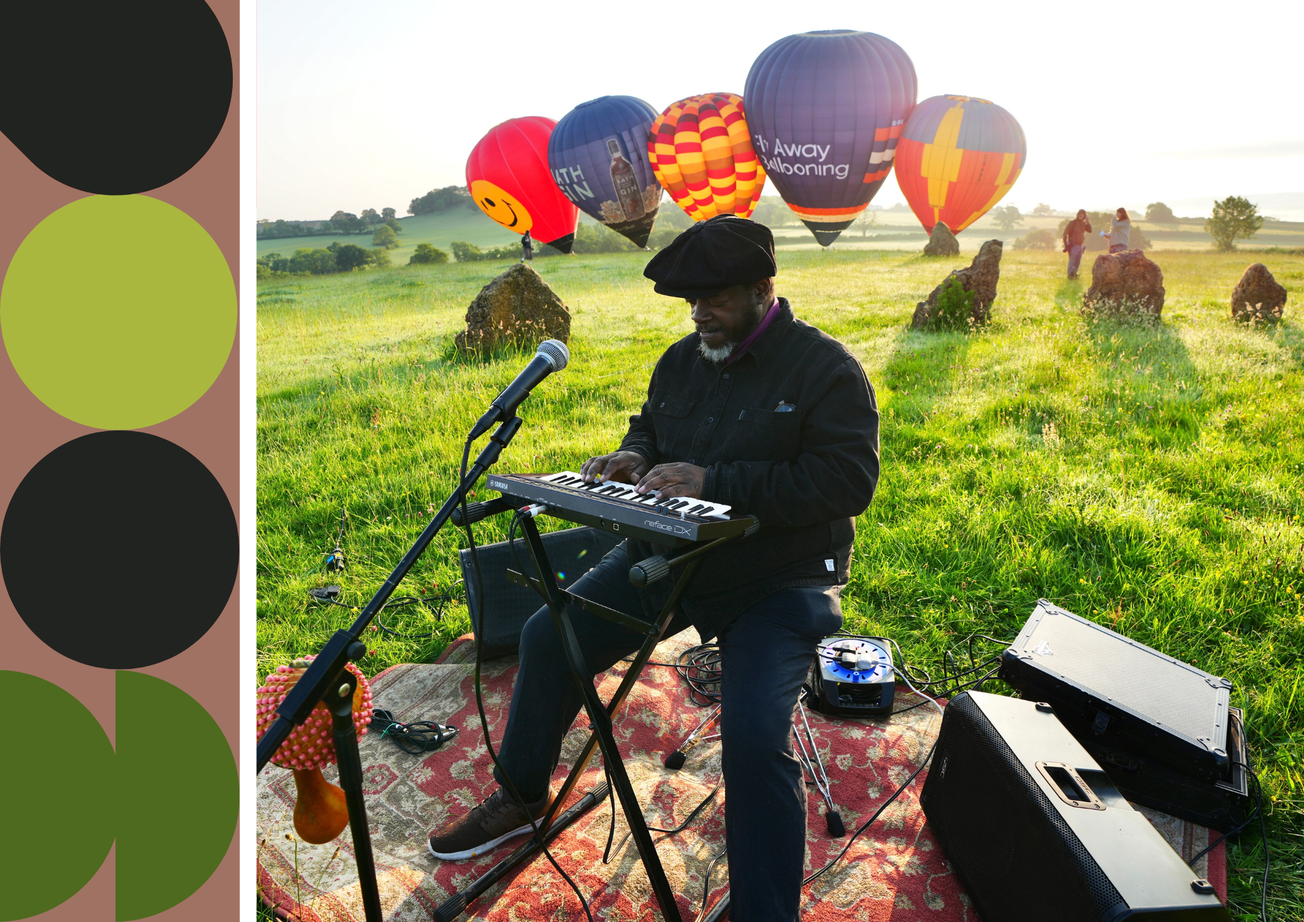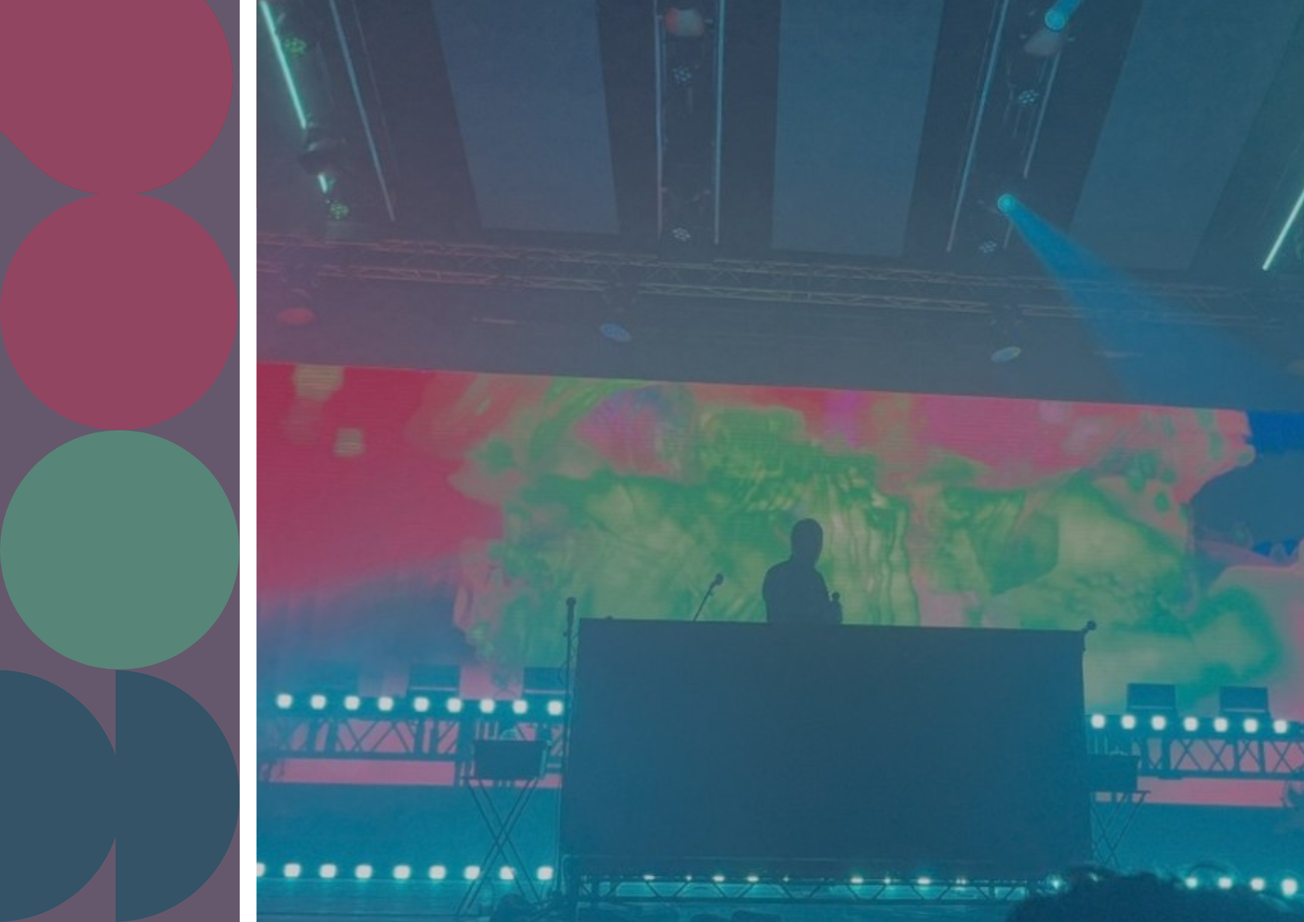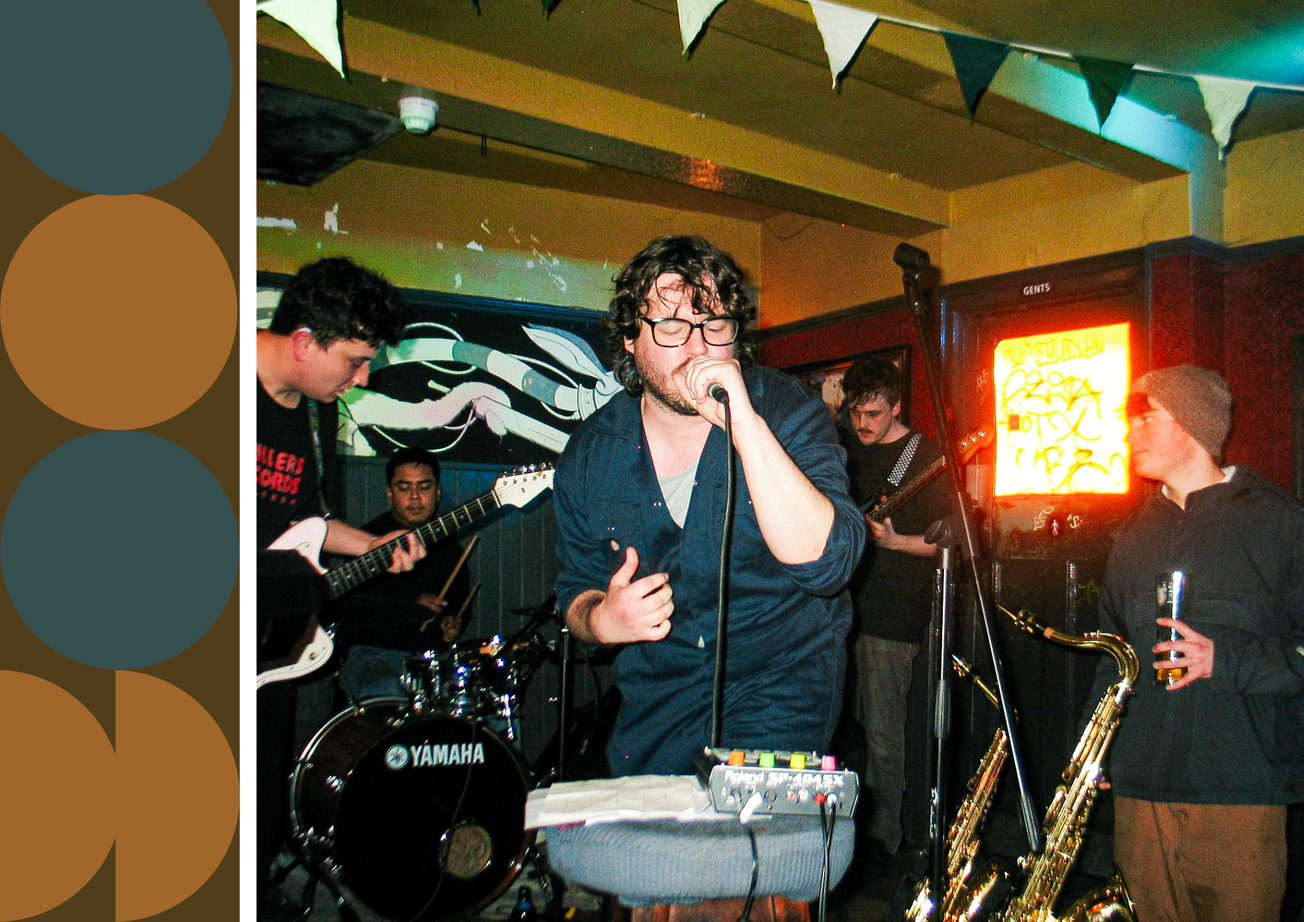By Will Snelling, Second Year English
'We’ve never consciously done anything to set ourselves apart, but you tend to be a product of your environment,' Will Snelling chats to GoGo Penguin ahed of their Bristol gig
In 2018, lyrics have lost their lustre. Genre-splicing instrumental music is having its moment, with acts such as BadBadNotGood, Khruangbin and the thriving crop of new jazz artists from South London finding their popularity in a state of exponential growth. It was in 2014, however, with GoGo Penguin’s sophomore effort V.20’s unexpected Mercury nomination, that it became clear this amorphous, vocal-eschewing style was breaking into the mainstream in the UK; that album’s high point, Hoponopo has 6 million listens on Spotify, hardly expected from a classically-trained instrumental three-piece. GoGo Penguin’s studied technical virtuosity, when combined with an ear for the kind of melody you could lose yourself to in a dark, sweaty nightclub, has proven irresistible, however. Skittering, restless drum beats, percussive piano chords and resonating double bass give their music a propulsive energy like no act I’ve ever heard. Their vitality has shown no sign of diminishing on their fourth album, A Humdrum Star. Bassist Nick spoke to me from Hamburg, before their gig at SWX on the 14th of November.
Your new album came out in February; how have you found playing the new songs and fitting them into your setlist?
'We’re actually really enjoying playing them on the road, because we feel like we’ve developed as a band and in our writing, so it feels more relevant to where we’re at at the moment. We’ve been playing them since February and we’re really enjoying it.'
I definitely noticed a development in the band’s sound when I listened to the new album, like the use of lots of different delays and reverb effects. Is digital manipulation something the band is becoming more interested in?
'Well, we didn’t want to get into using effects for the sake of it; if it contributes to that piece of music, then we’ll do it. We’ve always wanted to try and use the acoustic instruments, with some effects, but mainly sticking to piano, bass and drums and exploring all the possibilities with those instruments, really.'
A lot of the new wave of jazz musicians getting recognition are from London; how do you feel coming from Manchester has set you apart, if at all?
'Obviously, you don’t really think about where you live too much cause it’s just where you’re used to, but I guess yeah, we’re kind of out on our own. We’ve never felt like we’ve consciously done anything different to set ourselves apart, but you tend to be a product of your environment. We all started out in the Manchester music scene, which is quite strong obviously, so I guess it’s bound to have an effect, but we’ve never made a conscious effort to be different from what’s going on in London.'
You’re often placed under the umbrella of the new generation of jazz groups, however, there is something a bit more unclassifiable about GoGo Penguin’s sound, because you’ve almost got DnB beats along with Philip Glass stuff…
'Yeah, we never really called ourselves a jazz band from the outset, that’s just what everybody else has done for us, and I guess that’s useful for them to classify it, but we just think of ourselves as a band. We didn’t want to be a classic jazz trio named after the pianist or one of the members… we just wanted to be a band and do exactly what we wanted to do. There’s a lot of conversation about improvisation around us because a lot of people say we don’t improvise, which isn’t true; it just about what serves the composition. There are some tunes with a lot of improvisation and others where it’s more subtle, or just playing with themes or dynamics…'
Are there many new artists you’re particularly enjoying at the moment?
'Well, we listen to a lot of electronica; that’s an influence we all share quite a lot. We’re always looking for new things; I’ve recently been checking out a guy called Nathan Fake quite a bit, and I’ve listened to a lot of the new Jon Hopkins. We’ve got so many influences and they’re always changing.'
Electronica certainly seems important to the band; I found it interesting when I read that you often compose on a laptop, creating an electronic track, which you then turn into something you can perform live as a band.
'That's one of the techniques; some things can be written on the piano or bass or whatever. But that was one of the techniques used, particularly for the album Man Made Object. Rob - the drummer - spends a lot of time on the laptop making things, I spend a bit of time on Ableton and Chris knows Logic… sometimes its easier to put it into that medium and take it from there. There’s a tune we have called One Percent and the idea was to play like how a CD jumps and skips and the easiest way to do that was to put it into logic, create the skips and learn them from that.'
Do you go off and write fairly individually then?
'Yeah, someone has an idea and sometimes they’re more fully formed than others, sometimes it might nearly be a complete tune, sometimes it's just the groove or a couple of chords or whatever… and then we work on them together, and it often takes on a different life and becomes something we weren’t expecting. It takes time, because we always try everyone’s ideas, and it can be quite a laborious process.'
How did GoGo Penguin first get together?
'I lived in Manchester then went to Leeds College of Music, did a degree in jazz, then came back to Manchester… those guys stayed and studied at the Royal Northern. I’m different because I did jazz and they did classical. We all met just after graduating and played with each other in different settings, but never the three of us til GoGo Penguin started.'
Did you always know that this was what you wanted to do? Or was it something you just expected to do on the weekends?
'It’s difficult, you’ve got to do what you need to do to keep living, so we were all doing different gigs and then putting energy into this… Before it all kicked off we were pretty skint, to be honest. But I think the philosophy has always been that this is the most important thing, and obviously it’s paid off.'
In 2014 you got the Mercury nomination; did that have a big impact on your confidence as a band and your musical trajectory?
'Yeah, no one really knew about us outside of Manchester, but then the nomination brought us to a lot more people. It definitely helped us a lot. Some people criticise the Mercury Awards but it was great for us; that's kind of what it’s meant to do, to put a spotlight on bands who are left of the mainstream.'
You’re played Bristol earlier this year, playing music to the experimental film Koyaanisqatsi. How did you end up doing that quite unusual tour?
'We first put that together for a special commission in Manchester for a venue called Home; they asked some Manchester bands to do a score for a silent film. We couldn’t get the rights for a Japanese film called A Page of Madness—it was so old we couldn’t figure out who owned the rights. Rob always wanted to do Koyaanisqatsi, not really thinking it would happen; then the people organising it asked and we got commissioned to do it. It was really difficult; we need to have cues in our ears to know when to change for scene-changes, so it’s definitely different from playing a gig.'
Is scoring something you’re interested in for the future? GoGo Penguin’s sound is certainly immersive and filmic.
'Yeah, we would at some point, if the right thing came up and we had the time; it's definitely an avenue we’re interested in'
Any spoilers for what's in store for your gig in Bristol on the 14th?
'Well, there will be lots of material from Humdrum Star, and maybe some old material we don’t play so much. We’ve got our lighting guy Lewis with us, the gigs are getting bigger, and it's always good in Bristol, its a nice vibe. Haven’t written a setlist yet!'
Featured Image: GOGO Penguin/ Blue Note Records
Want to write a piece for Epigram music? Get in touch...
Facebook // Epigram Music // Twitter






